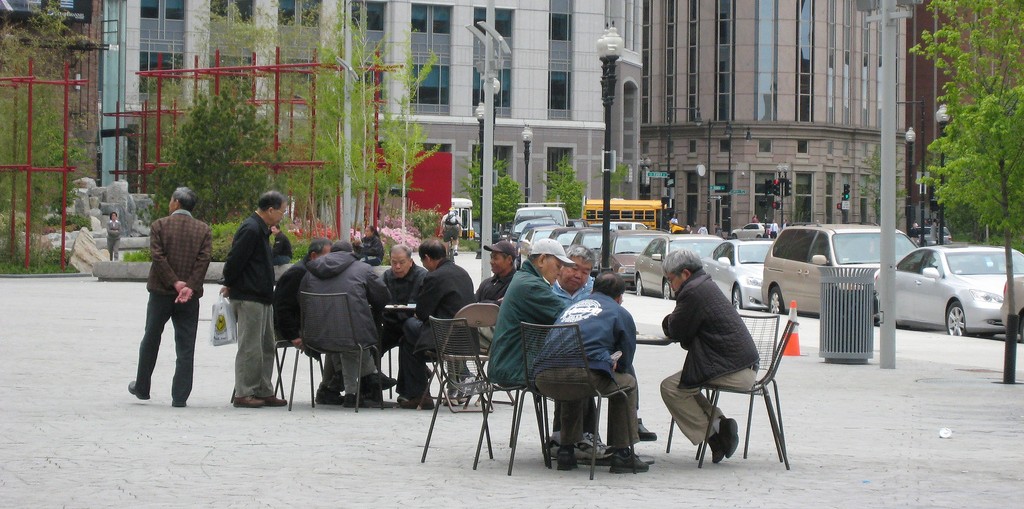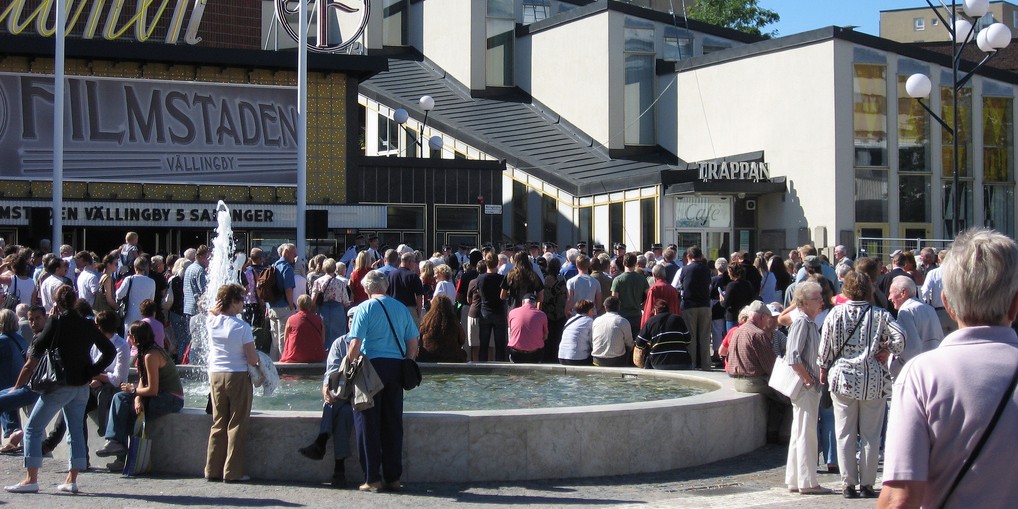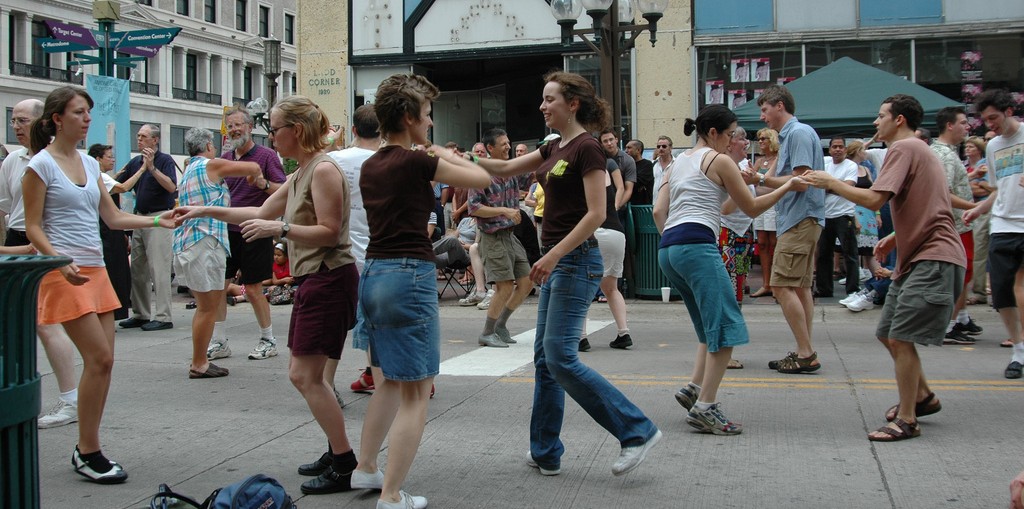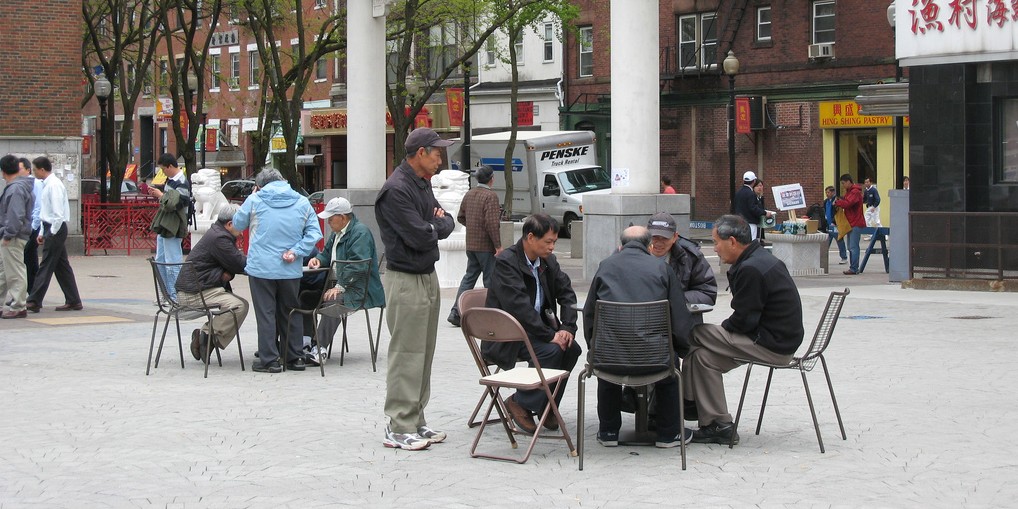Social Capital
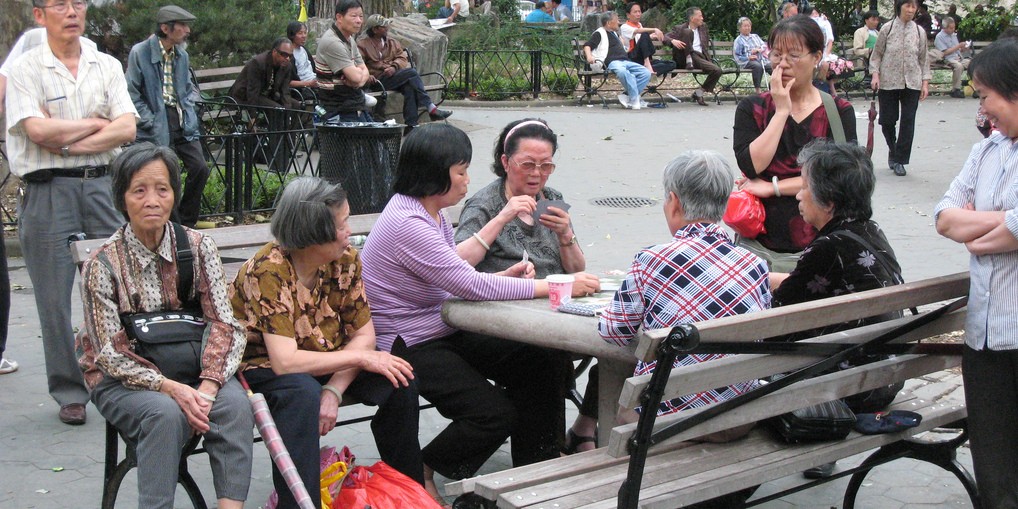
Social Capital is often seen as an indicator of health. Those with strong personal and social relationships report better health. Studies have shown that different measures of social capital (e.g., increased levels of trust, political participation, neighborhood familiarity, participation in protests, election voting, etc.) are supported by different built environments. As such, different kinds of environments can facilitate social capital.
Health and Places Initiative (HAPI) Materials
Social Capital, Health, and Place [PDF]
External Resources
